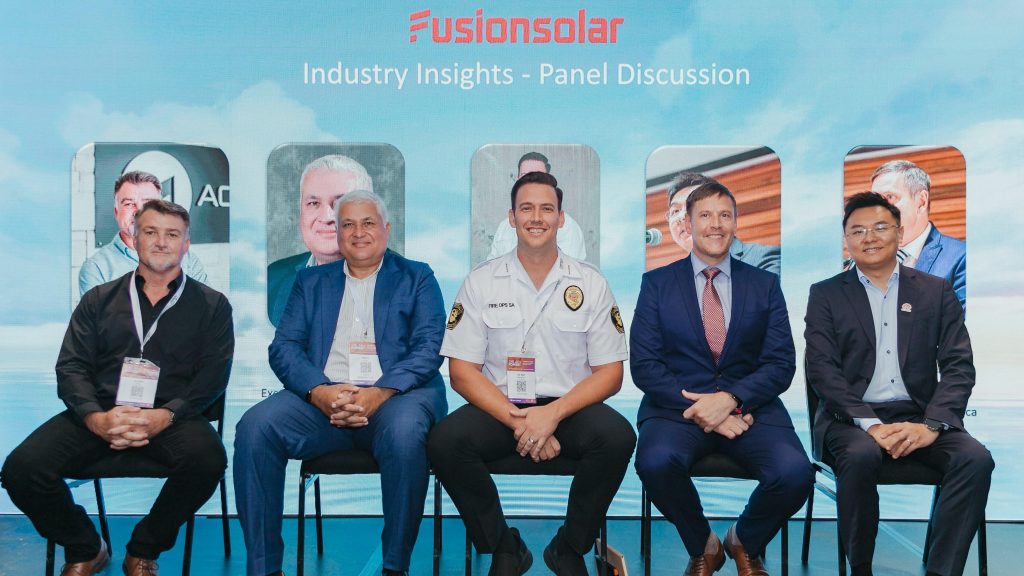We all have them. Those apps we open without thinking. Not because we need anything in particular, but because they feel… safe, in some…
Huawei highlights importance of energy storage for powering Africa’s growth

During Solar Power Africa recently, Huawei emphasised the pivotal role energy storage will play in supporting economic development across Africa. In a sub-forum, Huawei discussed how residential solar and effective storage solutions can help South Africa address its electricity needs and reduce strain on the national grid.
“We could achieve carbon neutrality in South Africa even faster than our estimation,” said Zhao Tianqi, VP of Huawei South Africa Digital Power. “So maybe South Africa can be a champion in this field.” However, he stressed that realising this potential requires the right solar equipment and technology.
Zhao also noted three key drivers to accelerate the solar industry’s growth – carbon neutrality, energy sovereignty, and commercial value. Huawei’s new Fusionsolar Luna 2.0 system includes a PV optimiser for 15% more usable solar energy, as well as the ability to mix old and new batteries to extend lifespan.
“Safety really matters,” Zhao emphasized. “It’s a matter of family, property, money, and life.” The Luna 2.0 mitigates fire and electrical risks through emergency voltage shutdown, cell monitoring, built-in fire kits, and avoiding failure-prone components. Huawei offers a 10-year replacement guarantee on all parts.
Huawei provides diverse storage solutions for commercial and industrial users too, including modular blocks scalable up to hundreds of megawatts. The unique Smart String tech enables independent battery control for optimised safety, lifespan and maintenance.
Experienced firefighter De Wet Englebrecht highlighted the fire risks posed by improper solar and battery installations, which firefighter crews are seeing more of. Huawei’s integrated suppressant helps contain battery blazes.
Executive Director Kadri Nassiep also pointed to grid stability concerns, as instant battery charging after outages can destabilise networks. Huawei aims to collaborate with utilities on more gradual, grid-friendly charging profiles.
“We believe that you have to have one accountable person or company at the end of the day,” said solar provider Aces Africa’s CEO Charl Gous, emphasising the need for quality, integrated systems with clear accountability. Huawei delivers extensively tested solutions with unified support.
With companies like Huawei spurring solar innovation, storage technology can help unlock Africa’s renewable potential and power sustainable growth. The Fusionsolar Luna 2.0 launches in South Africa this March.
Read next: Sungrow brings innovative power optimiser tech to SA

